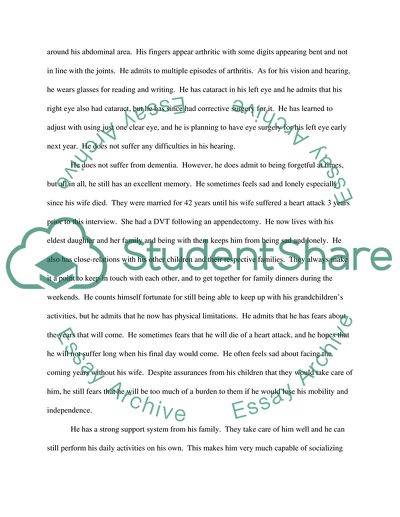Cite this document
(“Lifespan Development and Theory Paper Essay Example | Topics and Well Written Essays - 2250 words”, n.d.)
Lifespan Development and Theory Paper Essay Example | Topics and Well Written Essays - 2250 words. Retrieved from https://studentshare.org/miscellaneous/1556423-lifespan-development-and-theory-paper
Lifespan Development and Theory Paper Essay Example | Topics and Well Written Essays - 2250 words. Retrieved from https://studentshare.org/miscellaneous/1556423-lifespan-development-and-theory-paper
(Lifespan Development and Theory Paper Essay Example | Topics and Well Written Essays - 2250 Words)
Lifespan Development and Theory Paper Essay Example | Topics and Well Written Essays - 2250 Words. https://studentshare.org/miscellaneous/1556423-lifespan-development-and-theory-paper.
Lifespan Development and Theory Paper Essay Example | Topics and Well Written Essays - 2250 Words. https://studentshare.org/miscellaneous/1556423-lifespan-development-and-theory-paper.
“Lifespan Development and Theory Paper Essay Example | Topics and Well Written Essays - 2250 Words”, n.d. https://studentshare.org/miscellaneous/1556423-lifespan-development-and-theory-paper.


